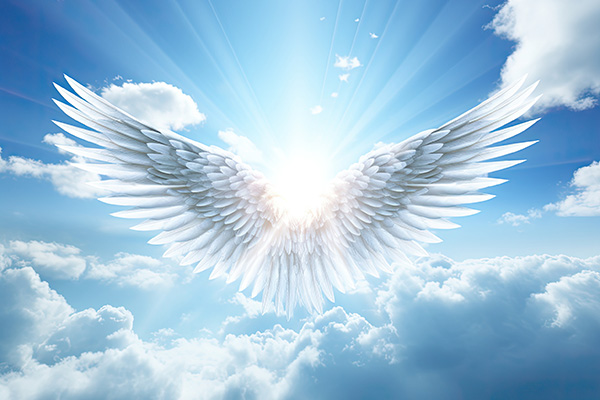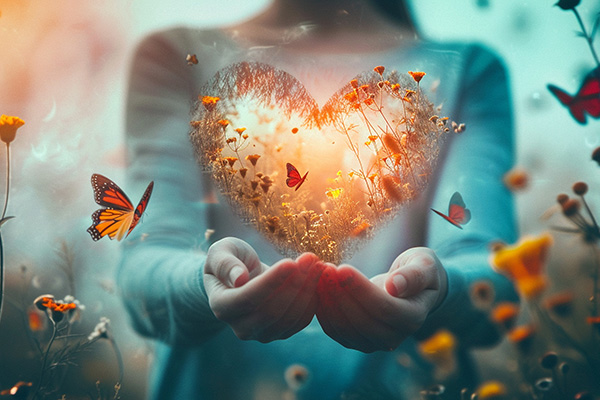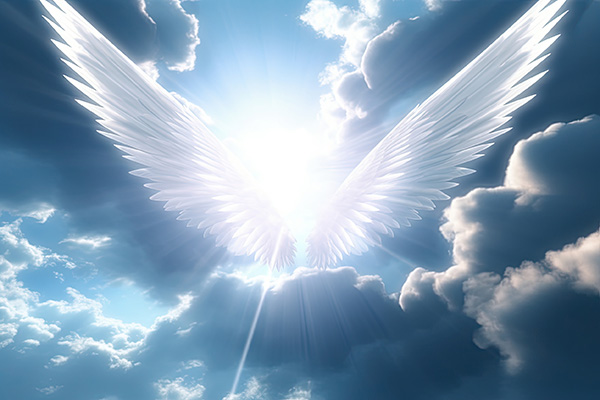afterlife
A Cuddly Message From Grandma At Halloween
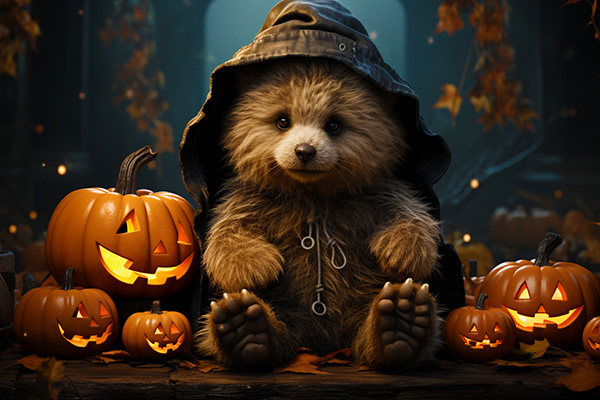 All of us have lost, or will in time lose someone very dear to us. Like it or not, all of us also have to ponder the concept of life after death at some point in our life. Some of us have very strong beliefs on the subject, one way or the other. We either believe in the afterlife, or we do not.
All of us have lost, or will in time lose someone very dear to us. Like it or not, all of us also have to ponder the concept of life after death at some point in our life. Some of us have very strong beliefs on the subject, one way or the other. We either believe in the afterlife, or we do not.
For me the answer is simple and easy. I strongly believe, because of both my personal and professional experiences. For example, I have been visited many times by my grandparents, and I have communicated with many loved ones in spirit in my daily work, when I do readings for my clients.
My grandma often communicates with me in the dream state. She tends to show up when I least expect it, usually to give me a guiding message or to warn me about something. She always has been a worrier, in this life and the next! Right up to the very day she departed this life, she was telling us what to do to keep safe, and she was always giving us good advice. She is very wise.
I was asking her just the other day to give me a sign that she was around, and sure enough, she did. But this time she did not show up in a dream. She spoke to me…through a teddy bear! Yes, indeed.
It is one of those plush toys that makes a cute kissing sound and says, “I love you very much,” when you squeeze it. I was in the tub and this little teddy bear was right next to me, on top of a shelf. After drawing the bath, I was leaning back in the soothing, warm water, letting out a sigh of relief that a long day was over. Next thing you know, this teddy bear goes off on its own, making the kissing sounds and saying I love you, over and over. I knew right away that it was grandma making contact.
The History And Hidden Blessings Of Halloween
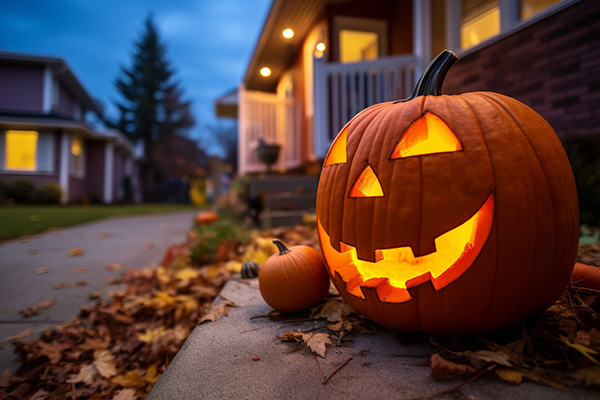
As a child, I remember getting excited about dressing up as a witch on Halloween and enjoying all the treats, like toffee apples and spooky cakes, that my mom used to make.
But one year, my father ruined the holiday for me when he explained his views on the significance of Halloween to me. I was just 10 years old, and it upset me.
Because of his religious beliefs, my father then forbade my siblings and me from celebrating Halloween. This made us feel excluded from our community as we watched other children dress up and enjoy themselves.
As an adult, I learned that it was not the event itself that was the issue, but rather the assumed F.E.A.R. behind it: False Evidence Appearing Real.
Remembering those times recently, I was prompted to take another look into the origin of this holiday tradition and what it truly stands for.
On 31st October each year, the Celtic pagan festival known as Samhain is celebrated, symbolizing the end of the harvest period and the start of the winter season, sometimes referred to as the “darker half” of the annual 12-month cycle.
Long before it became a night of costumes and candy, it was a sacred festival rooted in ancient spiritual tradition. The celebration we now know as Halloween traces its origins to Samhain (pronounced Sow-in), a Gaelic festival that marked the end of the harvest and the beginning of the dark half of the year.
Rescue Mediumship Helps Lost Souls Find Peace
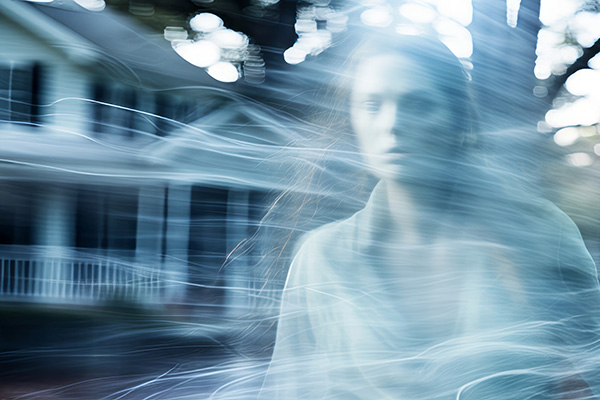 Rescue mediumship work has always held a special place in my heart. From the beginning of my training, I was intrigued by the deeply meaningful work of guiding lost or confused souls toward the light.
Rescue mediumship work has always held a special place in my heart. From the beginning of my training, I was intrigued by the deeply meaningful work of guiding lost or confused souls toward the light.
I was first introduced to the process during the advanced mediumship classes at my spiritualist church. A few times each year, we gathered in meditation circles led by an incredible reverend. She created a safe and sacred space for spirit communication.
The goal of these sessions was simple yet profound: to help earthbound spirits who were unaware that they had passed on, or who were somehow struggling to transition to the afterlife. These souls, often confused and disoriented, needed a gentle nudge (or sometimes a firm push) to find lasting peace on the other side.
Our rescue circle, usually consisting of about eight people, would sit in silence and attune ourselves to the spirit realm. One by one, spirits would come through and speak through one of us. We would hear their voices in our minds, or sometimes even channel them directly, adopting their accents or mannerisms. The reverend guided the conversation by asking questions to uncover the spirit’s identity and story. Who were they? What had happened? What did they remember?
These encounters were deeply moving and often unforgettable. One of the earliest that I remember was a little boy who came through to me. He was hiding under a bed, unaware that he had died in a house fire. The image was vivid: the end of the bed had collapsed, forming a small triangle of protection. We then called his mother in from the spirit world. Together, we gently persuaded the boy to take his mother’s hand and move into the light.
